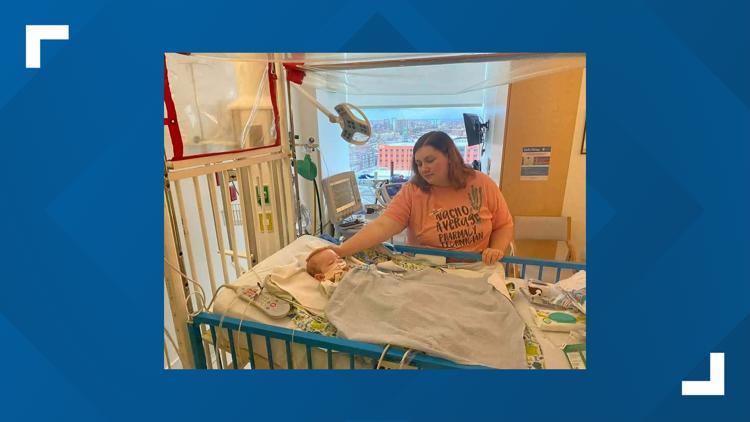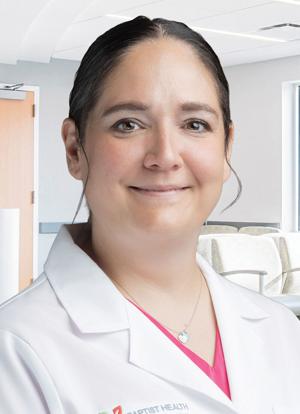October marks Menopause Awareness Month, a time dedicated to increasing understanding and support for women experiencing menopause. This natural phase affects every woman, yet many find themselves unprepared for the accompanying physical and emotional changes.
To address these challenges, Dr. Jessica Shepherd, Chief Medical Officer and board-certified OB/GYN at Hers, recently participated in a discussion with healthcare advocate Michelle Hopkins. They highlighted how modern healthcare options, such as telehealth and personalized treatment plans, can significantly alleviate symptoms like hot flashes, mood swings, and sleep disturbances.
Understanding Menopause and Its Impact
Menopause typically occurs between the ages of 45 and 55, marking the end of a woman’s reproductive years. During this transition, hormonal changes can lead to a variety of symptoms that impact daily life. According to research, approximately 75% of women experience hot flashes, while mood swings and sleep issues are also common complaints.
Dr. Shepherd emphasized the importance of recognizing these symptoms and seeking appropriate care. “Women should not suffer in silence,” she stated. “There are effective treatments available that can help manage these changes and improve quality of life.”
Innovative Solutions in Menopausal Care
The healthcare landscape has evolved to offer a range of solutions tailored to individual needs. Telehealth services have become increasingly popular, allowing women to connect with healthcare providers from the comfort of their homes. This accessibility is particularly beneficial for those who may feel uncomfortable discussing menopause in a traditional clinical setting.
At Hers, a company dedicated to women’s health, personalized treatment options are available to help manage menopause symptoms. These treatments can include hormone therapy, lifestyle modifications, and non-hormonal medications, all designed to suit the unique needs of each patient.
Dr. Shepherd noted that the integration of technology in healthcare has played a crucial role in enhancing patient experiences. “Telehealth not only provides convenience but also ensures women can receive care tailored to their specific symptoms and lifestyle,” she explained.
As society continues to break down the stigma surrounding menopause, awareness campaigns, such as Menopause Awareness Month, play a vital role in educating the public. By fostering open conversations about this natural phase of life, women can feel empowered to seek help and support.
In conclusion, as October highlights the importance of menopause awareness, women are reminded that they do not have to navigate this transition alone. With modern healthcare solutions and open dialogue, managing menopause symptoms is more attainable than ever. For more information on available resources, individuals can visit forhers.com.







